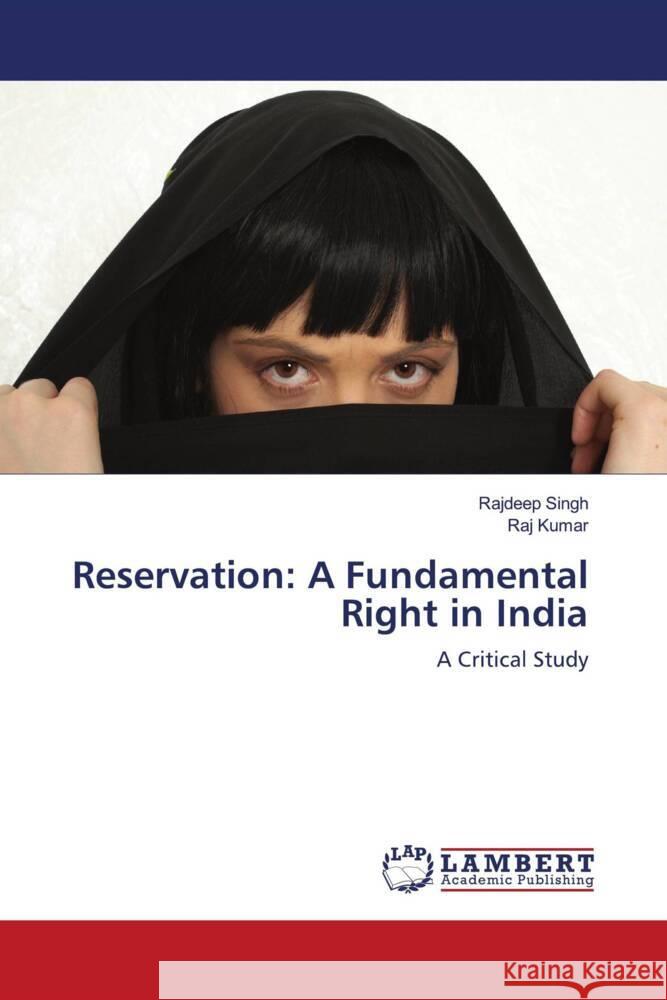Reservation: A Fundamental Right in India » książka
Reservation: A Fundamental Right in India
ISBN-13: 9786203041125 / Angielski / Miękka / 196 str.
Reservation has been an integral part of the Indian legal system for a long time, in recent times, its necessity has come under scrutiny. While people are not against the idea of reservation, it is the prevalence of caste-based reservation that stirs up controversy. It is often argued that after more than seventy years of enjoying reservation, the backward classes have been empowered, both economically and socially, to a large extent. As such, the reservation of seats is not a necessity for them, and such seats should instead be reserved for economically weaker sections of people. Their argument is further strengthened due to the existence of the creamy layer system, in which even well-off members of backward classes are entitled to the same amount of reserved seats that other members of their class hold. However, this issue is also looked at through another perspective, and that is not by blaming the reservations for minorities, but the lack of job opportunities generated for the people. When considering a solution to the above debate, it is acknowledged that the problems cited by those against reservation are true. Reservation through a caste-based system has become redundant.











